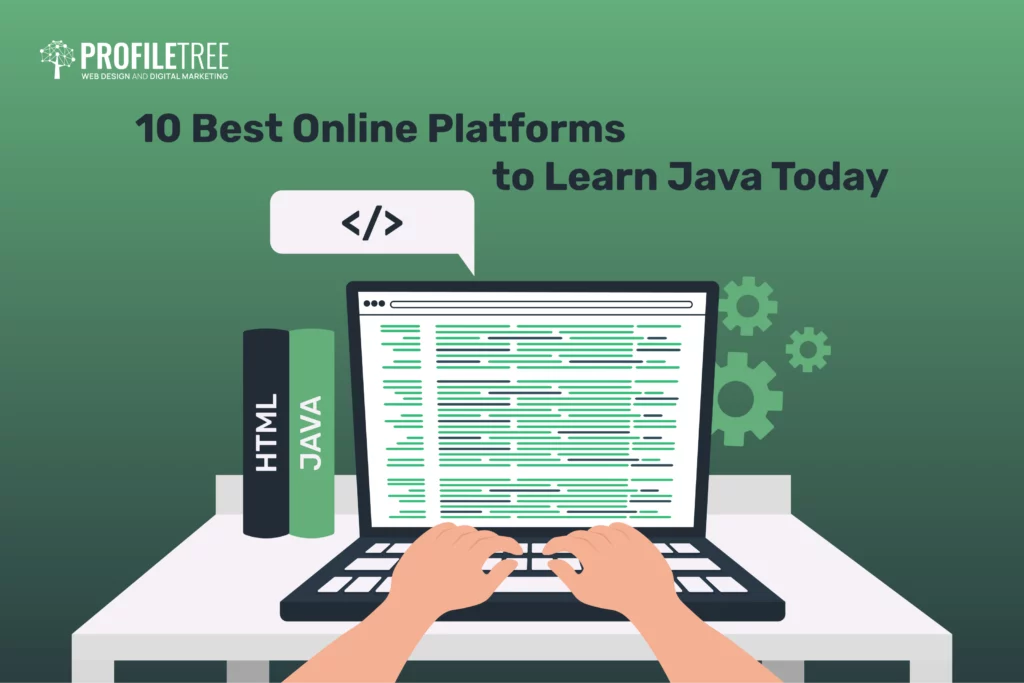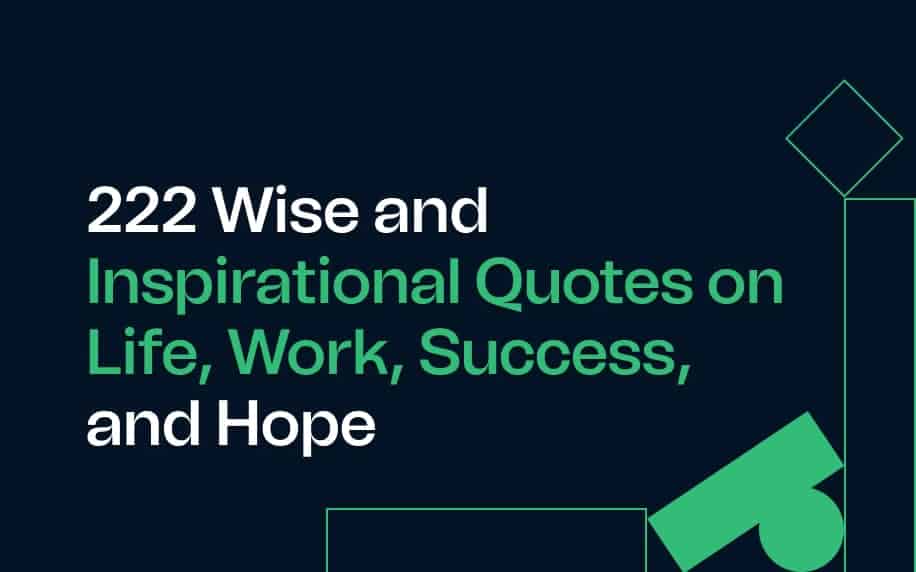What is personal development? Essentially, personal development is acquiring new skills and qualities to improve your job performance, confidence and self-esteem.
This means if you want to find a way to enhance your professional life, or even your overall worldview, personal development is key. However, what this actually means in practice is often unclear. Today, we’ll be looking at personal development in more concrete terms.
Personal development is the process of improving oneself through purposeful effort and expanding capabilities and potential. It encompasses self-improvement across many areas including:
- Building valuable life skills: Personal development helps strengthen skills such as time management, critical thinking, public speaking, leadership, emotional intelligence, perseverance, and more. Mastering these skills leads to greater success.
- Setting and achieving goals: Creating short and long term personal and professional goals and then working purposefully to achieve them. Setting measurable goals is crucial.
- Learning and gaining knowledge: Gaining insight into personal strengths/weaknesses and acquiring wisdom. Then applying that knowledge to reach your potential. This can be done through courses, books, mentorship and continued experiential learning.
- Improving behaviors and habits: Assessing unhelpful habits and behaviors, then making focused changes. Common areas include health habits, financial habits, relational habits, organization and time management.
- Building self-confidence and esteem: Taking actions to gain self-assurance in your abilities and skills and improve your opinion about yourself. Techniques like positive affirmations, reframing negative thinking and pursuing meaningful accomplishments can help.
Table of Contents
What Is Personal Development?
Personal development refers to a lifelong journey of enhancing and cultivating various aspects of oneself, such as skills, knowledge, and emotional wellbeing, in pursuit of a balanced, fulfilling life.
The importance of personal development transcends mere self-improvement; it’s instrumental in enriching one’s quality of life, enhancing self-esteem, and navigating through life’s challenges with resilience and adaptive strategies. It facilitates the realization and maximization of one’s potential, contributing to not only personal satisfaction and achievement but also to positive social interactions and robust, fulfilling relationships.
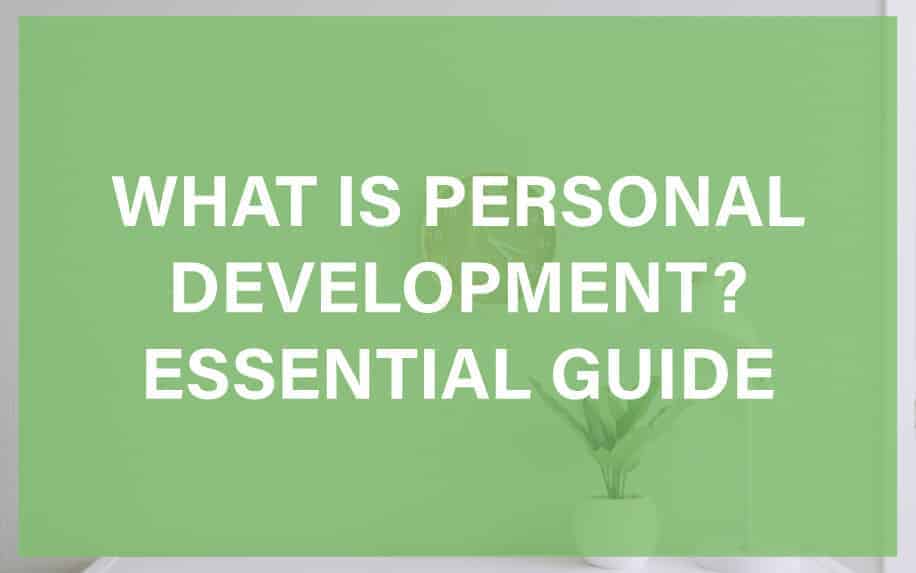
Through personal development, individuals are better positioned to be contributive members of society, aligning their personal growth to a broader, impactful social and communal presence.
On the other hand, it helps you achieve peace of mind by reducing stress caused by conflict between who you are and what you want to be. With a personal development plan, you’ll be able to appreciate life by focusing on what you can do to improve and let go of other things that you cannot control.
What Is Personal Development: Its Theories
What Is Personal Development: Four Personality Perspectives
Your personality is your unique pattern of thoughts, feelings and behaviors. These persist over time and under different circumstances. For a long time, personality development has been a major topic of discussion in psychology and related disciplines. Numerous personal development theories have been developed, all with a single goal of trying to explain personality development.
In the study of personality, theorists have various different approaches. While some of these theorists set out to identify the most vital characteristics of personality, there are those concerned with understanding the reasons for the differences in personality.
What Is Personal Development: Cognitive Theory
The cognitive theory in personal development links with nomothetic and idiographic personality theories, offering a broad view of human development. Nomothetic theories, like those from Hans Eysenck or the Big Five Personality Traits, propose that personality development is guided by shared traits that apply to all people, presenting wide-ranging patterns in human cognitive development and behavior.
On the other hand, idiographic theories, supported by people like Gordon Allport, emphasise the importance of individual differences and personal experiences in shaping development. This perspective focuses on understanding the unique cognitive structures within an individual, recognising the variety in personal development paths. Combining these theories within the cognitive viewpoint provides a varied view, highlighting both the shared cognitive processes and individual paths that together guide personal development, showing the combined effect of common human experiences and the unique details of personal stories.
What Is Personal Development: Psychodynamic Theories
There are several propositions central to all psychodynamic theories. Considering that most of the mental life is unconscious, we tend to behave in ways that we ourselves do not understand.
Besides, it’s possible for mental processes such as emotions, motivations, and thoughts to lead to conflicting feelings, since they operate in parallel. Under the psychodynamic theories, stable patterns start forming during childhood.
What Is Personal Development: Carl Rogers Theory of Personality
The main theorists of humanistic personality theory are Alfred Adler, Carl Rogers, and Abraham Maslow. Carl Rogers believed that humans develop personalities in the service of positive goals and that we possess an innate drive toward fulfillment.
Abraham Maslow suggested that individuals are motivated by the hierarchy of needs.
Usually, basic needs are centered on the necessities of life that include food and water. But as the people move up the hierarchy, the needs get centered on stuff such as esteem and self-actualisation.
Carl Rogers Theory of Personality builds on Abraham Maslow’s perspective of personality.
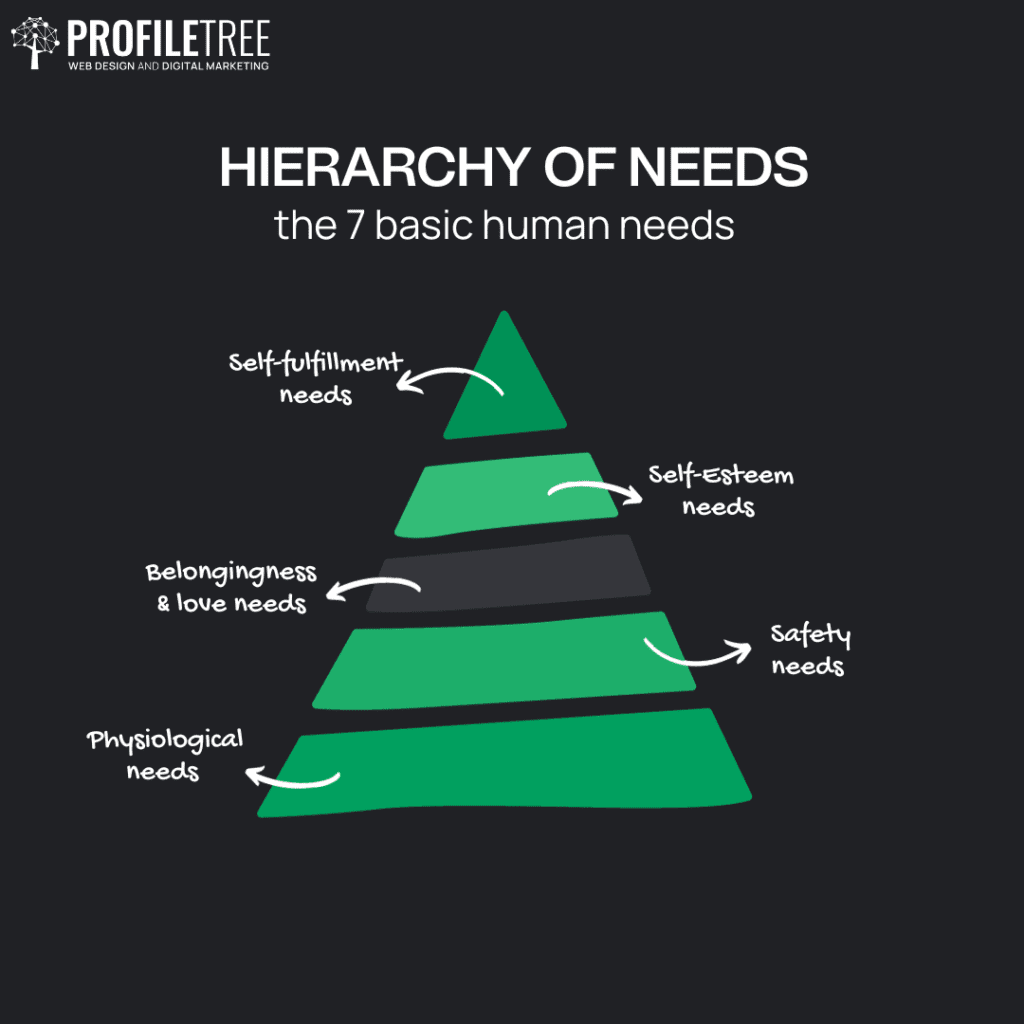
He adds that for individuals to grow, they need an environment that offers genuineness, acceptance, and empathy. Without the traits, relationships and healthy personality can’t develop.
Rogers also had the conviction that every individual could achieve their personal desires, wishes, and goals in life. However, for individuals to reach their true potential, a number of factors must be achieved.
Benefits of Personal Development:
Personal development provides many benefits that positively impact people’s lives in a variety of ways:
- Career success and fulfillment: Personal development strengthens skills employers desire like communication, emotional intelligence and leadership. It also helps people identify the right career path aligned to interests and strengths. Statistics show those who engage in training and career development are over 25% more likely to get promoted.
- Financial benefits: Personal development helps people adopt critical money management abilities and smart financial habits which are essential to attaining financial freedom. Those with written financial goals earn nine times as much over their careers.
- Improved confidence: As people grow new skills and self-awareness through personal development activities, self-confidence increases. Data indicates over 85% of people experience a notable boost in self esteem from focused self improvement. Higher confidence then leads to more risks taken and goals fulfilled.
Key Steps for Successful Personal Development:
The most essential steps to developing yourself effectively over the long-run include:
- Identify values and vision: Self-reflection on what matters most combined with a vision for your best self. Review regularly.
- Set S.M.A.R.T development goals: Specific, measurable, achievable, relevant and time-bound. Write these down.
- Analyze yourself honestly: Personality, strengths/weaknesses, skill gaps from vision. Assessments can help.
- Make personalized development plans: Based on analysis, make plans to build skills, knowledge and habits with actionable steps.
- Learn, practice and get coaching: Devote time consistently to learn, practice skills and get mentoring if possible. Measure progress.
- Manage setbacks positively: Expect occasional setbacks and use positive self-talk, reframing and support to persist despite obstacles.
- Track and readjust: Continually measure development against goals and improve approaches as needed until goals are achieved. Review process for new goals.
What Is Personal Development: How Acceptance Helps You Improve Personal Development
You might be wondering what role acceptance have to play within personal development. Let’s put it this way, In the journey of personal development, acceptance pertains to acknowledging one’s own strengths, weaknesses, emotions, and experiences without judgment or resistance. It’s about embracing all facets of oneself – the strengths and the flaws, the victories and the failures.
Acceptance is not just an understanding of self, but also an open-hearted reception of others, their diversities, and the myriad experiences life presents. When individuals foster a mindset of acceptance, they cultivate a safe, nonjudgmental space wherein they can navigate through their emotions, thoughts, and actions with a balanced perspective.
This, in turn, promotes mental well-being, resilience, and adaptability, providing a solid foundation upon which personal development can be effectively built. By accepting and understanding where we currently stand – emotionally, physically, and mentally – we position ourselves to strategically map out a path toward growth, transformation, and enhanced quality of life.
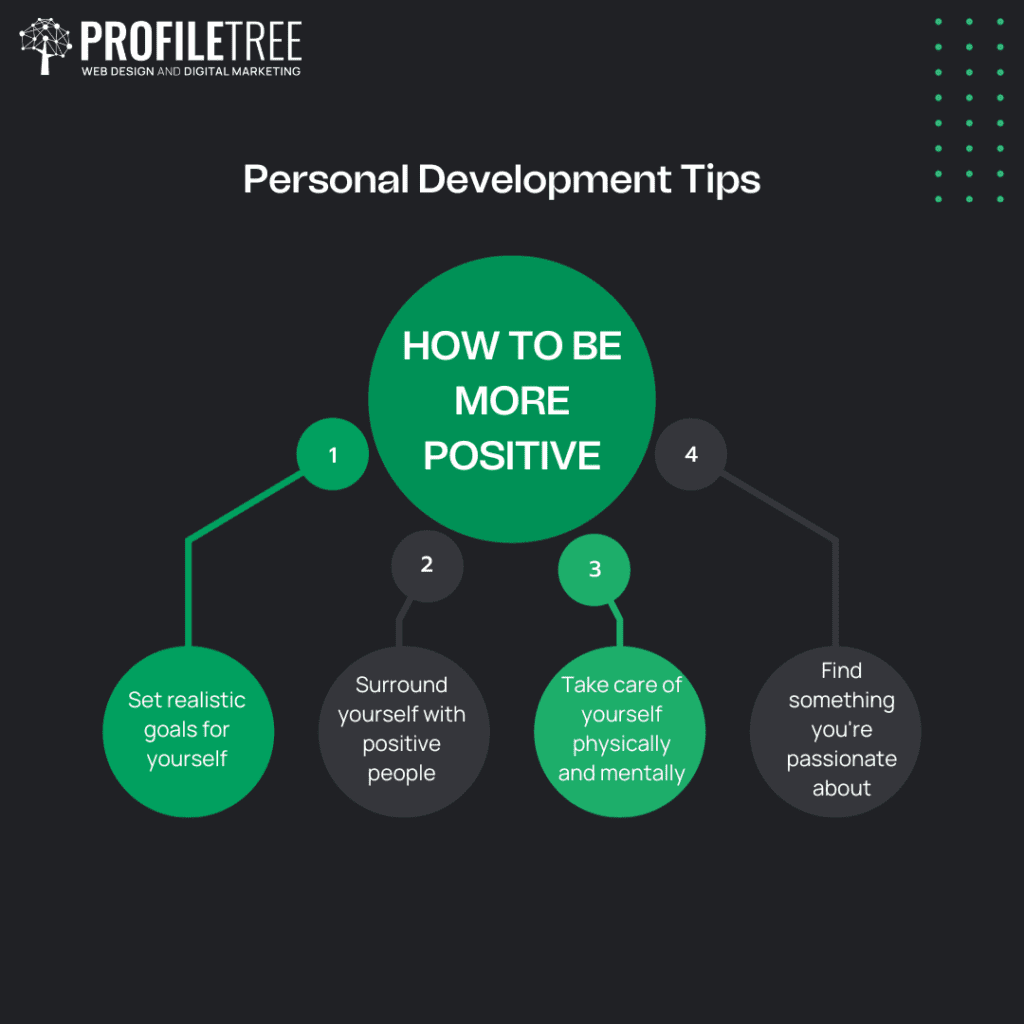
What is Personal Development: Managing Your Personal Development Plan
There are various steps you can take in your personal development journey. These include:
1. Developing a Personal Vision
Personal development is defined simply as the vision of improving your life to achieve desired outcomes. Personal development can be a fun experience once you have established the ideas you wish to execute.
For example, advancing your career trajectory implies working on the specific areas that will improve your career prospects. For instance, learning new skills through certification courses within a year or within months is a realistic plan.
Developing a personal vision at the outset of your personal development journey requires introspection, foresight, and a thoughtful alignment of your values, passions, and aspirations. Start by reflecting on your intrinsic values, interests, strengths, and areas that present opportunities for growth.
You may consider crafting a vision statement that encapsulates what you aspire to become or achieve in the long term, ensuring it resonates with your core beliefs and desired impact on your world. Visualise where you want to see yourself in the future across various life domains, such as career, personal relationships, and well-being. Then, utilise this envisioned future to identify key goals and write down actionable, incremental steps towards achieving them.
Remember, your personal vision should serve as a guiding light, steering your decisions, actions, and growth in a direction that aligns with your authentic self and desired path. Engage in regular reflections and be amenable to evolving your vision as you traverse through your personal development journey, ensuring that it remains relevant, motivating, and congruent with your evolving self and aspirations.
2. Creating Your Personal Development Plan
Developing a personal development plan subsequent to identifying your vision involves strategic planning, realistic goal-setting, and implementing a structured approach towards achieving those aspirations. Begin by breaking down your overarching vision into smaller, measurable, and attainable goals, ensuring they are succinctly defined and time-bound.
Next, you must establish the competencies, skills, and knowledge that you need to develop or enhance to achieve these goals. Then, what you need to do is assess your current state in relation to these and identify the gap between where you are and where you want to be.
After that, create a structured plan outlining specific actions, strategies, and milestones to bridge this gap. Ensure to incorporate methods to monitor and evaluate your progress, such as keeping a journal or utilising digital tracking tools.
It’s good to note that flexibility is an important element within your plan. Flexibility ensures that you can accommodate unforeseen challenges or changes in circumstances.
Watch this video that explains the difference between objectives and goals.
3. Embarking on the Improvement Process
There are various methods of learning and developing new skills. However, you need specific techniques to learn and improve your competencies. These include learning from your mistakes, learning from a mentor, and direct learning through reflection from the input of an expert, which translates to expertise transfer.
Since every individual is unique, there are various learning styles. It is essential to choose one that best suits for efficient learning. These include active experimentation, learning from experience, reflective observation, and concrete engagement in activities related to your expertise.
4. Recording Your Personal Development Journey
For your plan to be effective, it is necessary to note developments in the learning curve and compare your achievement to previous levels. Then, you can reflect and revise your plan accordingly.
To track your personal development journey, choose a method like using a journal, app, or vlog. Start by writing down your current skills, goals, and areas needing improvement. Regularly update your chosen medium with new experiences, learned lessons, and encountered challenges. Record all achievements and any changes in your thinking or emotions. Note what strategies are effective and which areas are challenging.
Look back at past entries to evaluate progress and adjust your path if needed. This record will help you see your progress and assist in continuous learning and adjustment on your personal growth path.
What Is Personal Development? Take Charge Today, Enjoy the Benefits Tomorrow
Ready to embark on your personal development journey? With a personal development plan, you can turn your life around to achieve amazing results and the greatness that comes with the ability to manage yourself in the circumstances that matter most.
What is Personal Development: Statistics and Sources:
Recent surveys and research provide insightful statistics on personal development participation, impacts, and industry growth:
- Participation Rates: A 2022 study by the American Society of Training & Development found that nearly 80% of adults had engaged in some form of personal development activity over the past 12 months, whether through courses, coaching, mentoring or structured programs. This reflects over 10% growth compared to 3 years ago (McKinsey, 2021).
- Positive Outcomes: Those who engage annually in personal growth activities report over 50% higher levels of career satisfaction verses those who do not make development a priority (Gallup, 2023). Additionally, 72% said it reduced their stress levels notably (ASAP, 2020).
- Industry Growth: The global personal development market saw expansion of over 6% in 2022 to reach $56 billion across coaching, events, courses, books and apps according to MarketResearch.com. Projected CAGR is over 7% through 2030 as remote options make development more accessible across generations.
Personal Development Plan Framework:
An effective personal development plan often includes the following key components:
- Vision Statement: Describes your ideal future self and what you want to accomplish long-term.
- Goals: Outline 3-5 specific development goals for the upcoming 12 months. Having measurable targets is critical.
- Skills & Knowledge Needed: Determine the skills, behaviors, experiences and knowledge required to achieve your outlined goals successfully.
- Activity Schedule: Create a monthly schedule of development activities that will allow you to build those skills and knowledge areas efficiently.
- Progress Tracking: Set up a system to continually track progress on goals using a journal, app or measurements. Adapt plan when necessary.
What is Personal Development: Expert Tips and Mistakes:
Here are additional best practice tips from personal development leaders, along with common mistakes:
“The foundation has to start with really knowing yourself – your natural talents, true interests outside just financial benefits, inherent motivators, and personal values. Without self-awareness, self-development plans often lack meaning and sustainability over the long-term.” – Tara Walpert, Leadership Coach & Podcaster
“People underestimate the commitment required for meaningful personal growth. It takes considerable time and effort. Similar to physical fitness – the work never stops. Too often folks expect change immediately with limited effort.” – Paul Jenkins, Author of Personal Development for Excellence
“Push past discomfort! Learning new skills, essentially becoming a new version of ourselves, can bring unease and vulnerability triggers initially. But powering through is when breakthroughs happen if the learning method is sound. Stick it out!” – Doris Johnson, Professor of Behavioral Psychology at UPenn
What is Personal Development: Additional Related Development Areas:
To have a more comprehensive set of resources, developing complementary content on relevant personal development sub-topics would provide helpful linkage opportunities:
- Time Management Strategies
- Building Self Discipline
- Effective Goal Setting Methods
- Confidence Building Techniques
- Positive Habits & Mindsets
- Keys to Learning New Skills Quickly
- Essential Career Skills to Develop
- Financial Literacy & Money Management
- Improving Emotional Intelligence
- Maintaining Mental Wellbeing & Self-Care
If you enjoyed this article, be sure to check out Stage Fright and How to Overcome It | Personal Development in Your Workplace.
